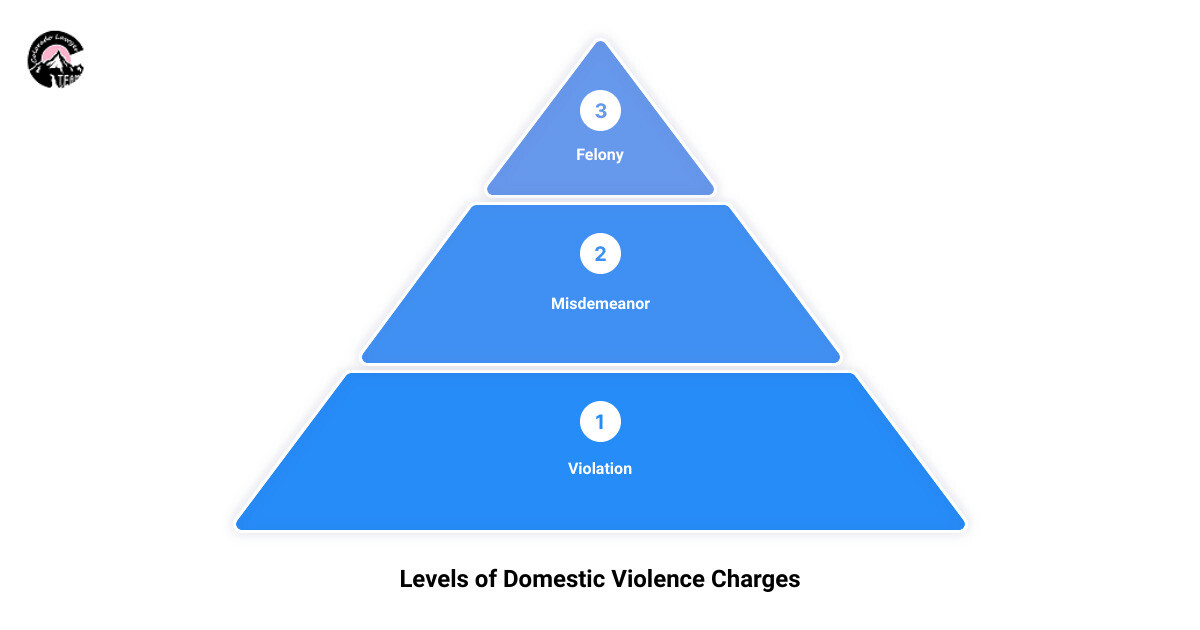Conclusion: The Importance of Legal Assistance in Domestic Violence Cases
Embarking on the path to justice in a felony domestic violence case in Colorado can be like navigating through a stormy sea at night. The law is complex, the stakes are high, and your future hangs in balance. But, just like a skilled captain uses a lighthouse to avoid the perils of the sea, having an experienced attorney by your side can provide much-needed direction and support.
Domestic violence cases are multifaceted and emotionally charged. They often involve intricate nuances of criminal law, family law, and even immigration law. The potential penalties for a felony domestic violence conviction are severe and can include lengthy prison sentences, hefty fines, loss of firearm rights, and more. Moreover, the social, professional, and personal consequences can be devastating. An experienced legal team can guide you through the complexities of your case, help protect your rights, and strive for the best possible outcome.
Whether you’re facing charges or dealing with the aftermath of a conviction, a seasoned attorney can help in numerous ways. They can craft a robust defense strategy, negotiate plea deals, represent you in court, and even assist with sealing your criminal record, helping you to move forward with your life.
In a domestic violence case, your choice of legal representation can make all the difference. Colorado Lawyer Team, for instance, offers a free 30-minute consultation and provides comprehensive legal services tailored to your specific needs. Their expertise spans across various areas of law, ensuring a thorough approach to your case.
Remember, you’re not alone in this fight. Legal assistance is not just an option—it’s a necessity. In the face of adversity, the right legal counsel is your lighthouse, guiding you safely through the storm.
In conclusion, while the gravity of felony domestic violence Colorado cases can’t be understated, neither can the value of experienced legal help. With the right team by your side, you can demystify the process, defend your rights, and restore your peace of mind.





